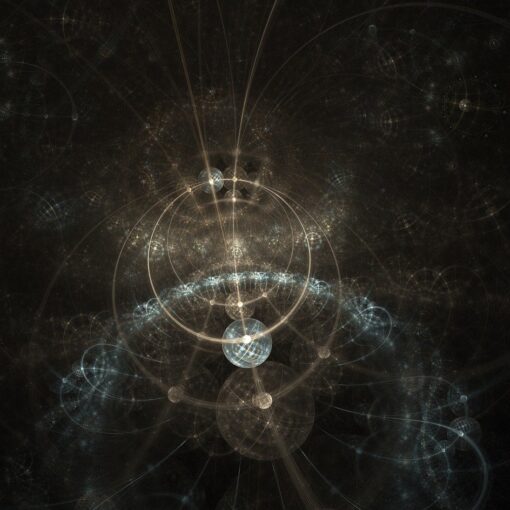A new age demands a new working method.In ‘The Wellspring of Reality’
(1975), R.B. Fuller describes how our ‘most polluted resource is information’ – fake news is only one manifestation of this problem. He also explains:
‘There is no environmental crisis, there is no energy crisis there is no food crisis. There is only a crisis of ignorance’.
This is why the methods and study of communication ethics are so important as an educational standpoint, to examine our own ignorance, or more rightly, the limits of our perception and data about our One Living World.
Communication ethics is employed by individuals and groups as a shared methodological practice of rule based dialogue to address misinformation, misdirection and the misassignment of our values.
Communication ethics supports the massive task of self-learning and public discussion around the issues of our time, by involving everybody who is willing.
Without such a method of communication, itself grounded in clear moral values, any change may be resisted or denied.
This is a problem for our time and for all time.
People occupy different roles, positions and standpoints and find difficulty in agreeing, even basic concepts sometimes.
Traditional structures of debate and governance, such as parliaments and the media, already appear overwhelmed by the range and complexity of issues that we confront.
These same failing systems of governance and information media are now often owned or run by narrow interests, which also limits their potential to make sense of our common situation.
Self-interests are now-in-charge that simply do not represent the entire communities for which democratic governance was originally designed.
Anyway, why would any concious citizen leave profound issues that will determine their entire future, in somebody else’s hands?
An additional problem that citizens confront is the problem of misinformation or fake news.
How do any of us make good decisions if the information and data we require to do so, are corrupted at source, or so strongly disputed as to become useless?
Even in the 1960s, Marshall McLuhan recognised we live in an ‘Age of Information’.
Increasingly the question looms.
How can an entire newly-interconnected global civilization, one facing immediate and innumerable catastrophic risks, change its central operating system, particularly with its information resources so corrupted?
The answer proposed via communication ethics, lies in the abilities of individual people and small groups to begin self-learning and self governing.
Self-governance is actually the promise of democracy.
Despite how civic participation by concerned citizens is mostly a fig-leaf for the operation of centralised power in our current age.
Communication ethics aims to aid survival for all people and the living world against the tide of misinformation and historic misassumptions of power and privilege.
One of the greatest misassumptions is held in the continuing marginalisation of women.
The development of women’s communication ethics is viewed as central to the massive change in self-learning and self-governance required across the world today.
A new feminist/feminine communication ethics will be decided by women themselves, although not isolated from men, but embracing a both/and ability to hold insights from each gender-domain and to improve each by doing so.
In order to protect life on our only Living Planet, a revolution in values is urgently needed.
A revolution in the values of life held by each living entity and certainly each of more than seven billion human beings.
Not violent or coercive values as often used today, or in the past.
Such a revolution must be achieved with care and love and the values of human well-being as essential.
The values of nature, fertility and life appear ready for a comeback.
Perhaps, Prof. Carolyn Merchant’s ‘The Death of Nature‘ (1980) might be somewhere to look?




